On the run from the barons, the loss of the kingdom's 'treasury' may have been the straw that broke the camel's back, which affected his health and state of mind. It was either on his journey or during his one-night stay at Sleaford Castle that he heard of the loss of the treasure, his health continued to deteriorate and following his arrival at Newark Castle, the king died on the 18th of October 1216. He didn't live to see his English barons switch their allegiance taking the side of the new king, his nine-year-old son Henry.
"talented in some respects, good at administrative detail, but suspicious, unscrupulous, and mistrusted. His crisis-prone career was sabotaged repeatedly by the half-heartedness with which his vassals supported him—and the energy with which some of them opposed him.’
Since 1216 there have been nearly eight hundred years of silt deposited over all the gold and silver plate, the coins and the jewelry, it's highly unlikely to ever be found. Recently Nottingham University did some work trying to discover the causeway King John's royal train may have passed over, no doubt other interested parties will search in the future and maybe they will find something. But did this event happen at all, did 'evil' King John snigger with glee as he arranged for the 'disappearance' of his treasure or was it just an accident that has been exaggerated over the years? Yes, I think an incident occurred on a cold winter's day in 1216, and yes the story has been embellished.
There are two contemporary accounts, one by Roger of Wendover, an English chronicler who died in 1236 and one by Ralph of Coggeshall, an English monk and chronicler who died in 1227. Both were writing at the time of the loss.
Roger of Wendover writes rather melodramatically and calls it a major disaster, he writes:
'the ground opened up in the midst of the waves, and bottomless whirlpools sucked in everything'
Ralph of Coggeshall refers to it as more of a misadventure, stating that it was not the whole of the royal baggage train that was lost but the vanguard who carried household items, church and holy relics, but not the whole of the treasury.
Some valuable items, belonging to the king of England did get lost in The Wash, but not treasure as we would imagine, there was no large chest overflowing with coins, necklaces and gold goblets, only kitchen equipment and finery collected from churches. As Coggeshall suggested maybe the real treasure was in the second train that never started its journey across The Wash which eventually ended its days thrown in among the new king, Henry III's treasury. I suppose we could call that lost!
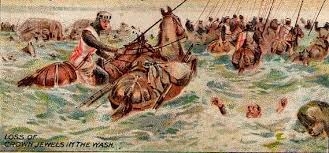
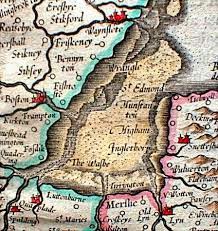
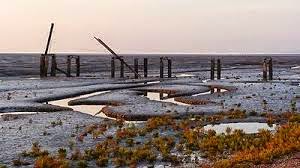
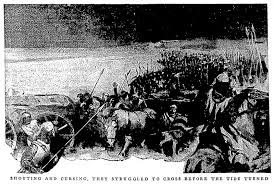
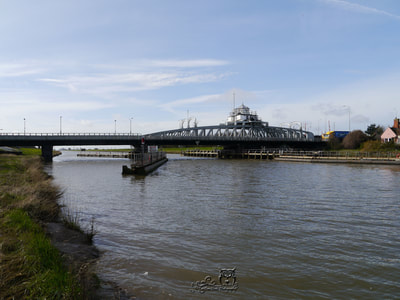
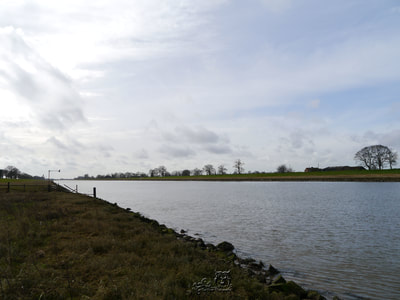
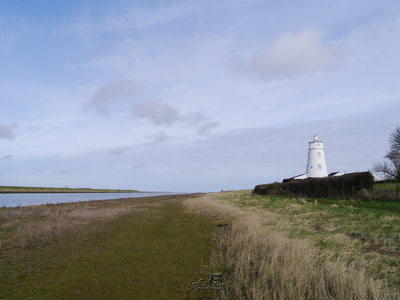
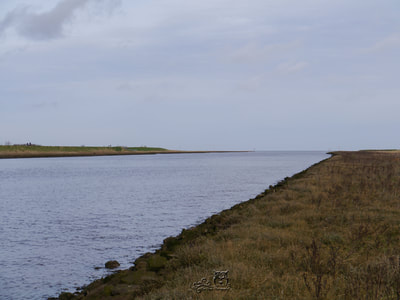
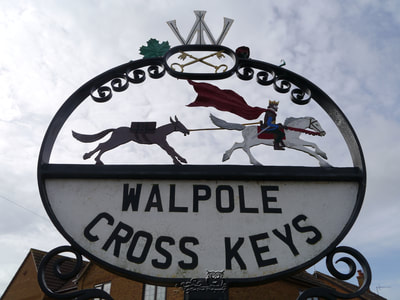

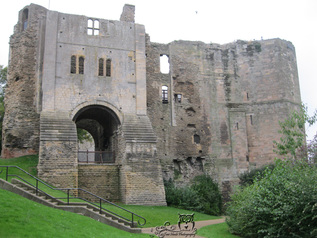
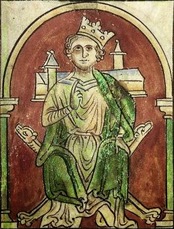

 RSS Feed
RSS Feed
